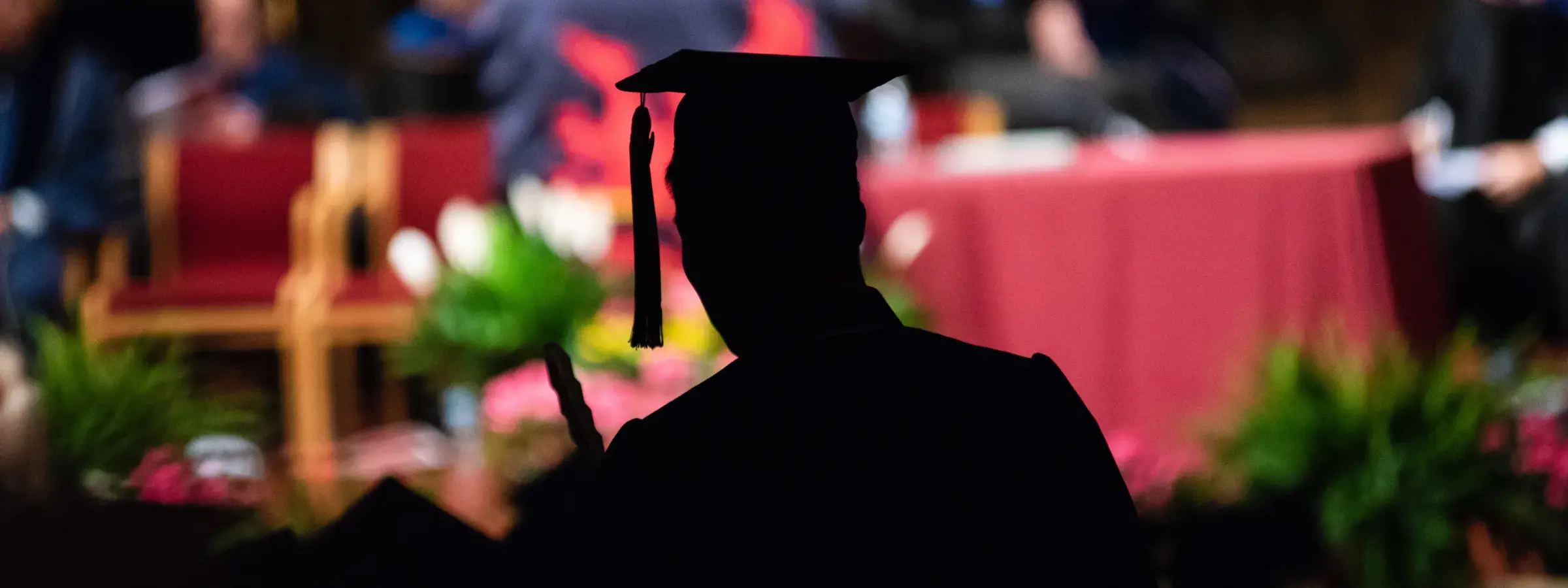
Junchen Jiang
Enabling Data-Driven Optimization of Quality of Experience in Internet Applications
Abstract
The Internet is an eyeball economy dominated by applications such as Internet video and Internet telephony, whose revenue streams crucially depend on user perceived Quality of Experience (QoE). Despite intense research towards better QoE, existing approaches have failed to achieve the QoE needed by today's applications, because they are not acting on the right signal and in the right place: they either seek to rearchitect the in-network devices which have little information on user-perceived QoE, or rely on end-to-end protocols which have limited knowledge on network conditions.
The key contribution of this dissertation is to bridge the long-standing gap between the visibility to user-perceived QoE and the visibility to network conditions by a data-driven approach. Our thesis is that one can substantially improve QoE by maintaining a global view of up-to-date network conditions based on the QoE information collected from many endpoints. In essence, this thesis revisits the question of where to implement the functionality of QoE optimization. Unlike prior work which optimizes QoE by in-network devices or individual endpoints, our approach uses a logically centralized controller to optimize QoE, which retains endpoints' visibility to QoE while attaining a global view of real-time network conditions by consolidating information from many endpoints.
To prove the thesis, this dissertation provides a suite of solutions to address two fundamental challenges. First, we need expressive models to capture complex relations among QoE, decisions, and application sessions who share similar QoE-determining factors. Second, we need scalable platforms to make real-time decisions with fresh data from geo-distributed clients.
Our key insight is that there are persistent critical structures in the relations between QoE and session-level features. These structures allow us to build expressive models that can identify network sessions with similar QoE-determining factors, and their temporal persistence allows us to build scalable platforms by decoupling offline structure-learning processes and real-time decision making processes. We have developed algorithms and end-to-end systems, which integrate machine-learning techniques with our insight of persistent critical structures. We have used real-world deployment and simulation driven by real datasets to show that our solutions can yield substantial QoE improvement and consequently higher user engagement for video streaming and Internet telephony than existing solutions as well as many standard machine learning solutions.